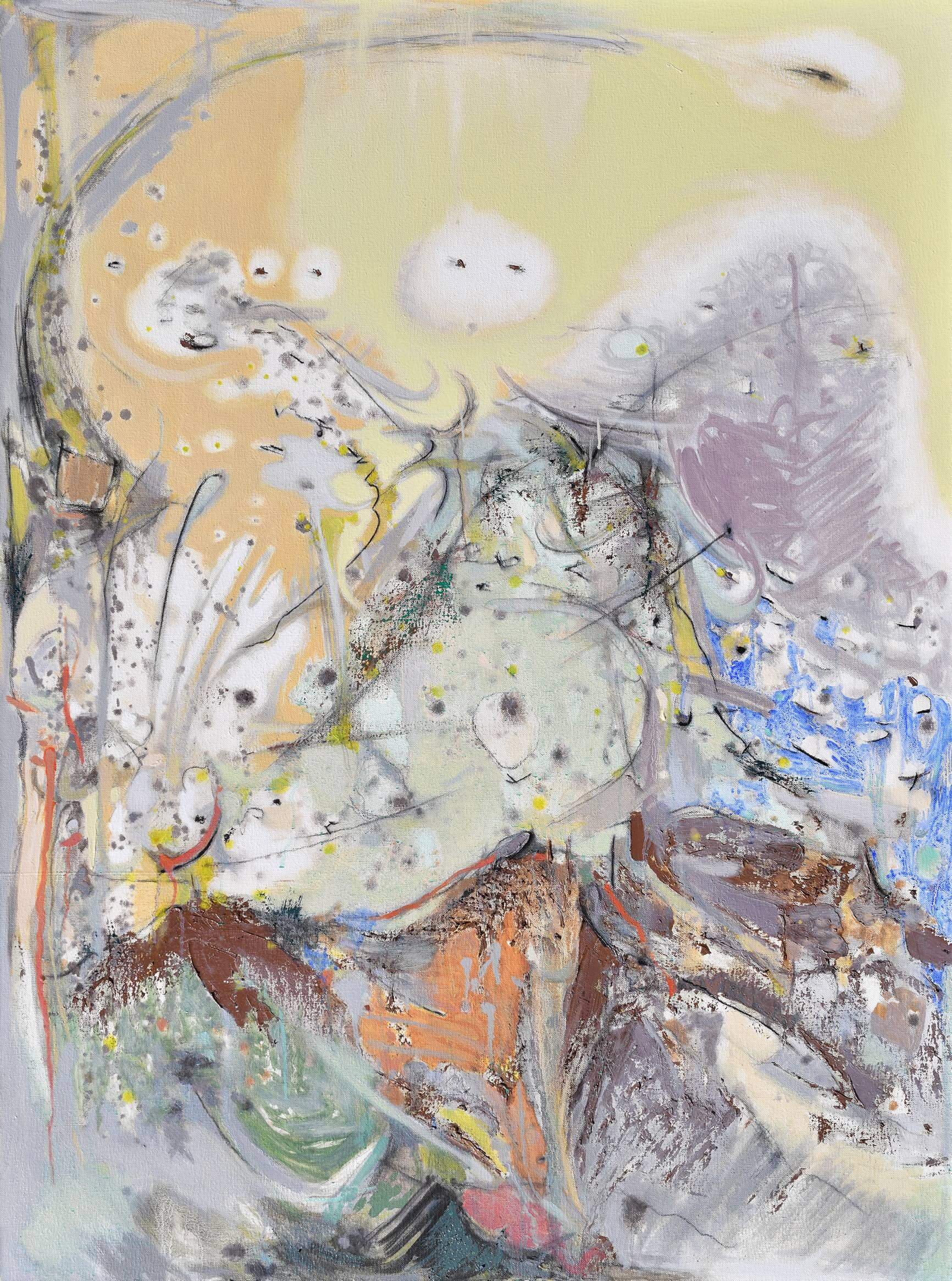A Lost Landscape
A Lost Landscape - is it something that once was, the traces of which are left solely in our memories or marked by the void left by their passage? The Lost Landscape of our childhoods. The Lost Landscape of a mountain marked by a quarry’s gaping chasm. Or is it a Lost Landscape that is waiting to be found - a repository of our dreams and hopes where the bright colours of joy flow and play like wind, clouds and trees on a perfectly sunny day in the mountains? Lying just beyond the horizon, it is a landscape lost only slightly, waiting for us to find our way to its shores.
I have always loved Chen Li’s “Lost Landscape” (above). It’s as if I hear it whispering “come find me!”, its playful essence somehow vulnerable in its desire to be found.
Chen Li, who lives and works in China’s remote and stunningly beautiful southwest province of Yunnan, sees nature as a way to connect to the heart. Perhaps to him nature is a way of seeing with the heart, a bridge to finding his Lost Landscape of hopes and dreams fulfilled. He says,
It is a wonder that we see nature with eyes first but our mind opens only when our heart feels it. If nature is worshipped – and I don’t mean this in a religious way - it is harmonious with people.
After a turbulent youth and a near-fatal accident, Chen Li goes deep inside himself to find the peace, lightness and joy that permeate his works. His artistic practice is inspired by the spirit of traditional Chinese culture, Buddhist philosophy, the living landscapes around him, and the exploration of light and colour.
I am interested in the microscopic elements of nature, that is to say the human perception of nature. Our perception of nature is so affected by sunlight that many colorus are like a mirage, not real. That is why traditional Chinese painting prefers black and white colours, because it is not possible to realistically represent true colours. But it is beautiful to represent a perception of colour.
From Chen Li’s diary, where he jots down his thoughts to guide, understand and evolve his practice:
Everything is changing, moving and floating around. I have grand passions but I have to be calmed into silence. I long for the grand expanse of vast landscapes, but I exist in the narrowness of my physical body.
For queries, please email me at katrine@katrinelevin.com or DM me on FB/IG.
For Chen Li’s bio, woodblock prints, and paintings, click here
COOL FACT
Chen Li once told me “when I paint, I never think of formal styles or schools of painting … and this gives me unlimited possibilities." Perhaps this excerpt from my 2015 interview with him sums it up best:
KL: Tell me something you love, and why?
Chen Li: I love going to the mountains, I feel happy there.
KL: Tell me something you don’t love, and why?
Chen Li: I don’t like Karaoke because you just repeat after others.
[Image: Chen Li, Happy Day in the Mountains, 2018, oil on canvas, 130 x 100cm]






